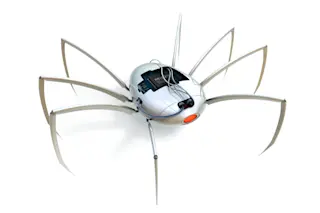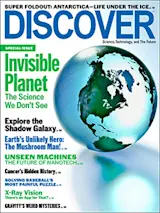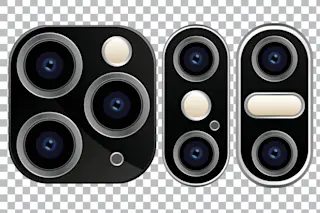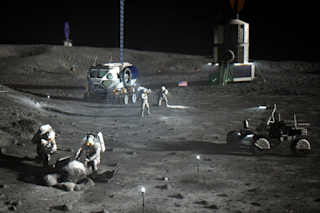Paul McEuen, professor of physics at Cornell University and director of the Kavli Institute at Cornell for Nanoscale Science. | Michael Okoniewski
In the 2011 thriller novel Spiral, a scientist is forced to swallow a swarm of razor-clawed, fungus-tending micro-robots, a scene that hardly presents small machines in a positive light. So it may seem odd that the book’s first-time author, 49-year-old physicist Paul McEuen, is a leader in the field of nanoscience, the study of structures smaller than a micron, or a millionth of a meter.
One might think his fellow scientists would be disturbed that he mined his field for gory ways to kill people. “Actually,” McEuen says, “they were very supportive. I even got a good review in the Journal of Mycology.” Relaxed, thoughtful and highly literate — in a recent academic article he cited Hume, Joyce and Beckett along with Nobel Prize-winning physicists Richard Feynman and ...















